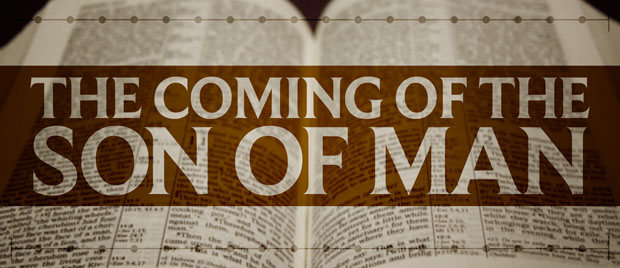I’ve been wondering for some time whether extreme skepticism of the depiction of Jesus even in our earliest sources hasn’t gone too far. A number of scholars have been bringing the pendulum back the other way. Bart Ehrman, for instance, thinks that Jesus thought himself to be the Messiah. If we remove all such views and statements from the period prior to the crucifixion, it becomes well nigh impossible to explain how anyone came to view Jesus that way later.
There was some interesting discussion of the Son of Man sayings at the SBL session about Ehrman’s book. Ehrman has revived the view that Jesus spoke about a coming “son of man,” meaning by that another figure, someone other than himself.
It is easy to miss how very strange many of the son of man sayings would have sounded on the lips of Jesus. “Son of man” is an Aramaic idiom meaning “someone.” And so listen to some of these sayings rendered into equivalent English:
“Those who are ashamed of me and of my words in this adulterous and sinful generation, someone will also be ashamed of them when he comes in the glory of his Father with the holy angels.”
“When someone comes, he will sit on his glorious throne…”
Some of them – very specific predictions about what would happen to Jesus in terms of arrest and execution – are easily set aside as later inventions. And some may work as generic statements applied to Jesus, such as: “For one goes as it is written of him, but woe to that one by whom someone is betrayed!” Maurice Casey focuses on such sayings as examples of the use of generic, proverbial sayings with a particular application to oneself.
But what about the apocalyptic sayings? Is Ehrman right to see them as authentic but predictions about another figure? Are those scholars right who view them as inauthentic, reflecting the views of the post-Easter church?
It is time we brought the Similitudes of Enoch into the picture. Once dated to the first century AD, they are now thought to stem from the first century BC. Both Paul and Matthew, as well as John and others, show the influence of this work or at least the tradition it represents.
And so can we not triangulate onto Jesus by means of these otherwise divergent sources, and conclude that Jesus himself may have been influenced by them?
If so, then Jesus may well have talked about “one” who is to come – much as John the Baptist had before him, perhaps even borrowing from the Baptist. But does it not fit well that Jesus may have thought of himself as destined to play the role of that figure?
His words about twelve thrones, which Ehrman also highlighted, seem to leave no room for an additional figure of that sort. And so perhaps something like the Messianic secret motif actually can be traced back to Jesus. The earliest Christian view of Jesus, according to Ehrman, viewed him as installed as Messiah after the resurrection. Is there any reason not to conclude that Jesus himself envisaged God being the one to make him the Messiah when the time came, and being secretive until such time as that occurred?
And ought we to think that Jesus might have been familiar with Enochic ideas and applied them to himself? Why or why not?
If you’ve never read the Similitudes of Enoch, you can find them online in more than one place.

















